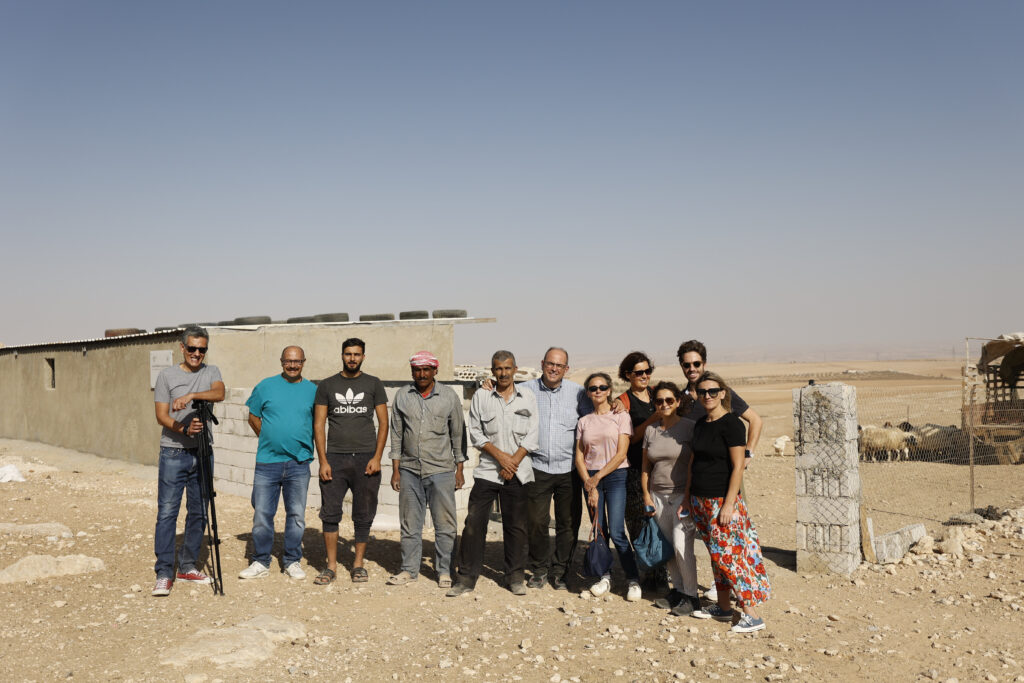Login
Signup
Who we are
- Home -
- Who We Are
Habibi Association promotes social justice and socio-economic integration especially towards the most vulnerable and disadvantaged people and those who have been affected by conflict. Established in Italy in 2013, Habibi, which is recognized as a nongovernmental organization by the Italian Agency for Development Cooperation (AICS), operates in the Middle East: after an initial period of engagement in Palestine, particularly in Bethlehem with social-health projects supporting children with disabilities, Habibi is now very active in Jordan with projects targeting refugees and the most vulnerable, with special attention to the needs of women, children and people with disabilities, with the aim of supporting their social and economic integration. We are people, in Italy and Jordan, committed, with passion and solidarity, to building a more just world, where everyone can exercise their rights, develop their potential and have the means to build a more equitable future for themselves and the community where they live.
We want to stand by the most disadvantaged by growing a culture of encounter, because if our societies do not become inclusive for all, but only exclusive for some, this will lead to further imbalance and further conflict.
Abuna Mario Cornioli – President of Habibi

Name: Habibi
Legal form: Association for Social Promotion
Registered office: Via XX Settembre 127 – 52037 Sansepolcro (AR) – Italy
Headquarters: Amro ben Saed street, 8 – Amman 11181 – Jordan
Tax code: 910092205197
Institutional activities: Habibi promotes and pursues international cooperation for development, peace, humanitarian aid, international solidarity, in recognition of the centrality of the person, in his individual and community dimension, with particular regard to the eradication of poverty, the reduction of inequalities, the improvement of the living conditions of the populations, the promotion of sustainable development, the protection and affirmation of human rights, the dignity of the individual, gender equality, equal opportunities, the principles of democracy and the rule of law, conflict prevention, support for peacemaking, reconciliation, post-conflict stabilization, consolidation and strengthening of democratic institutions, acting in compliance with international standards on human rights, social responsibility and environmental protection.